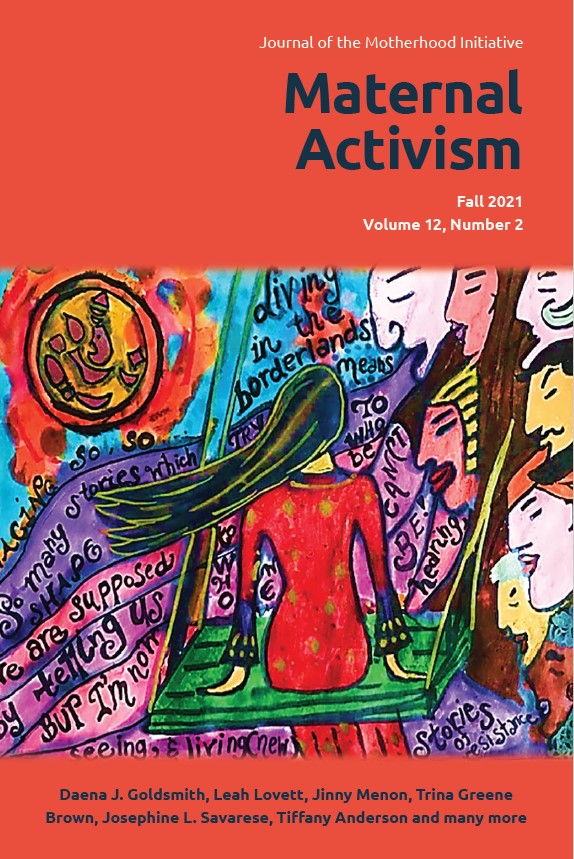The Queen Mothers of Ghana: Maternal Activists of the Twenty-First Century
Abstract
The instating of the queen mothers of Ghana—an ancient tradition in the region, much documented by researchers and highly valued for its equitable political influence—was discontinued during colonial times. It was revived recently, and as a traditional and contemporized practice, it embodies the “politics of care” (Stein) exhibited by maternal groups in challenging situations through its proactive interactions with several Ghanaian communities. This article examines the effective deployment of this tradition in a particular region of Ghana where these women leaders are working selflessly and systematically to care for vulnerable people at every level. The transformational leadership style of the queen mothers shows great concern for people and relationships and, thus, has a more interactive, nurturing, and democratic style (Hassan and Silong 363). The queen mothers challenge the maleoriented leadership style that has become prevalent in postcolonial Africa while contesting the essentialization of motherhood based solely on patriarchal interpretations of and assumptions about the female role in families (O’Reilly 14). As the case of the Manya Krobo Queen Mothers Association (MKQMA)—which has 370 queen mothers as members (Steegstra 110)—shows, when women get together and care for a community, they can achieve great things: caring for children, providing nutrition, education, social connections, and safety nets, and enhancing visibility for the causes vital to communities, to name just a few. Hence, this article attempts to catalog and evaluate the radical maternal frame of the initiatives taken by the queen mothers in Ghana and their growing local and regional influence.
Downloads
Published
How to Cite
Issue
Section
License
All intellectual property in relation to material included on this site belongs to the Motherhood Initiative for Research and Community Involvement (MIRCI). All material on this site is protected by Canadian and international copyright and other intellectual property laws. Users may not do anything which interferes with or breaches those laws or the intellectual property rights in the material. All materials on the Motherhood Initiative for Research and Community Involvement (MIRCI) are copyrighted and all rights are reserved. Any reproduction, modification, publication, transmission, transfer, sale, distribution, display or exploitation of the information, in any form or by any means, or its storage in a retrieval system, whether in whole or in part, without the express written permission of the Motherhood Initiative for Research and Community Involvement (MIRCI) is prohibited. Please contact us for permission to reproduce any of our materials. This site may include third party content which is subject to that third party's terms and conditions of use.


